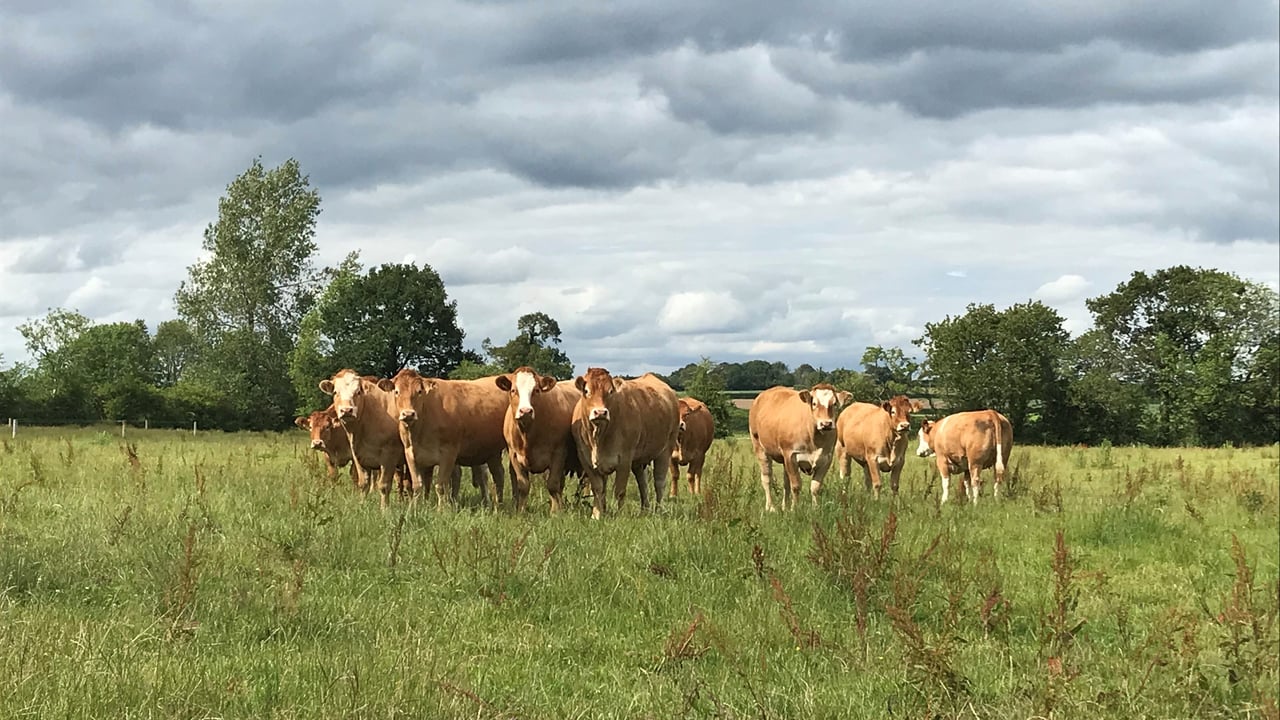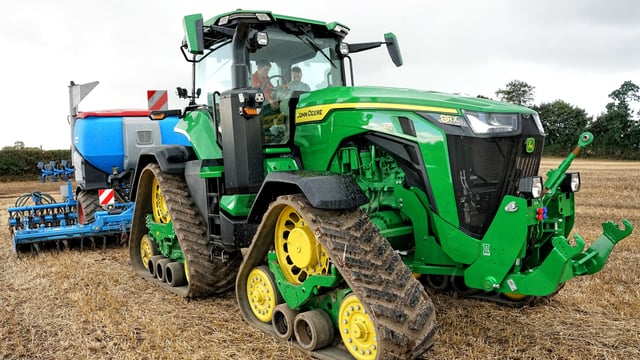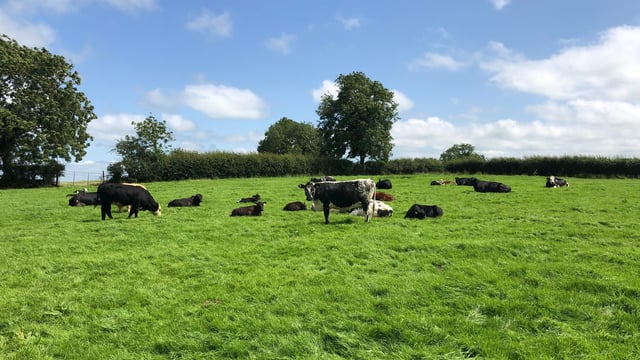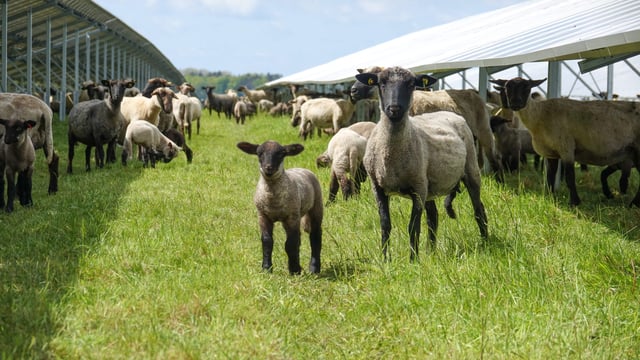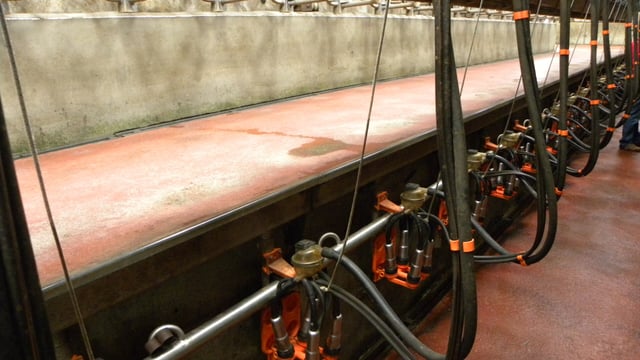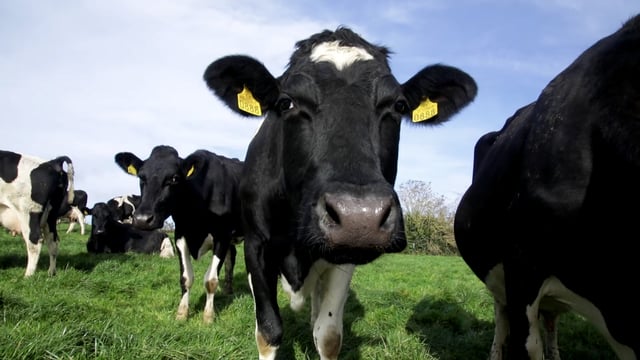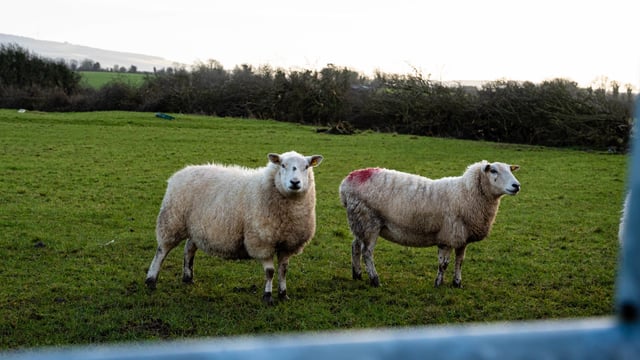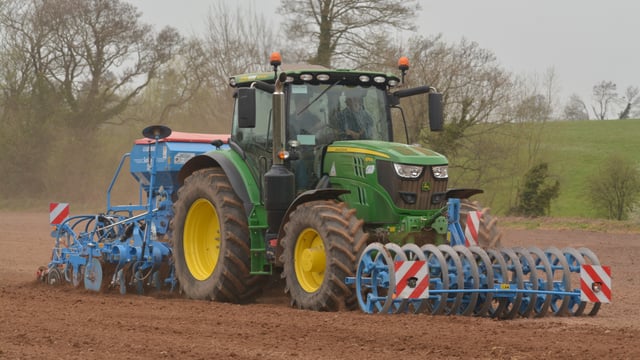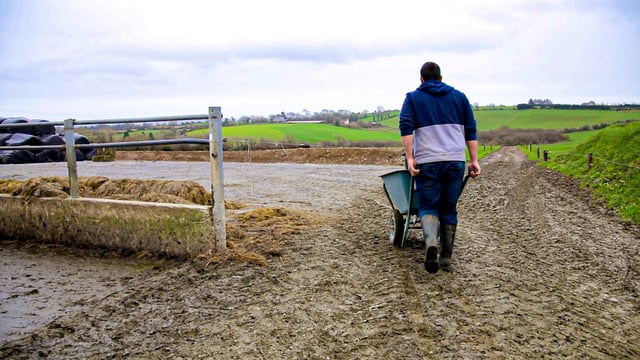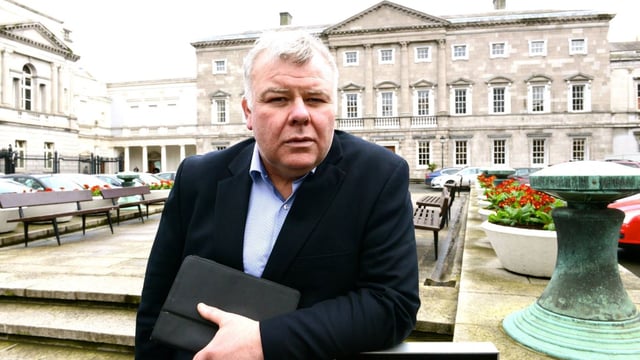CAP: Beef and sheep sectors strategies 'in disarray' - ICSA
The Irish Cattle and Sheep Farmers Association (ICSA) has branded the strategies pertaining to the beef and sheep sectors in Ireland as being in 'disarray', following the publication this week of the Common Agricultural Policy (CAP) Strategic Plan (CSP).
ICSA president, Dermot Kelleher, made the remarks following a meeting of the CAP Consultative Committee, which convened today, with Minister for Agriculture, Food and the Marine, Charlie McConalogue.
“I cannot understand how the Minister will agree with the direction of his department where suckler cows, which involves over 60,000 farmers, is getting about the same allocation as the organic scheme, which currently covers some 1,800 farmers.
He added that sheep farmers will also be angered by this.
Organic allocation - 'massive'
While the ICSA agrees that organic-sector funding is necessary, the allocation of €256 million is "massive compared to €100 million for the entire sheep sector".
“ICSA has been told that there will be a separate BEEP scheme, which will involve additional funding from the exchequer. However, the weighing measure which is the cornerstone of the BEEP is being moved to the suckler scheme. How then can the BEEP scheme be maintained if its very essence has been sliced off?" he asked.
This development does not inspire confidence, he said. He added that the ICSA is frustrated that there is no attempt to support the beef finishing sector.
"This sector is being hit very hard by the flattening of payments. The ICSA proposal helps this sector but, equally, it is targeted at helping deliver a key element of the Ag-Climatise strategy, which points to the reduction of slaughter age as a key driver of reducing national emissions.
CAP - not balanced
“The problem with the entire CAP package, as set out by the minister’s officials, is that it is neither coherent nor balanced. The clear message is to switch to dairying for as many farmers as possible. Whereas the support for organics is unrealistic, the lack of ambition around the agri-environment scheme is staggering.”
“The principal element of the agri-environment measure is an average of €5,000 for some 30,000 farmers. This is simply not enough, given current rising costs and the off-farm income opportunities.
"The co-operative agri-environment scheme, in theory, delivers a maximum €10,000 but I am very concerned that it will be difficult to get this up and running and it would have possibly been wiser to include this as a pilot scheme.”

